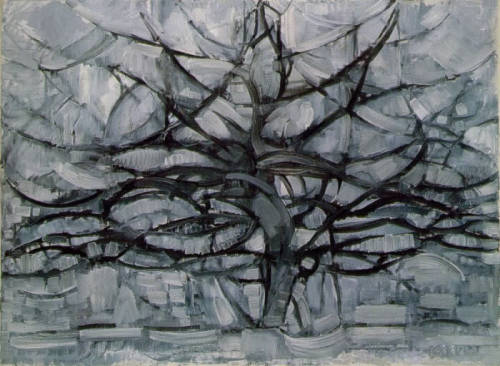‘Frost at Midnight’ expounds Coleridge’s attitude towards Nature. Nature is the manifestation of God; it is God’s expression, the language in which he teaches the overness of all things (living and inanimate) with himself. The frost performs its ministry without the help of any wind. The owlets’ cry came hark again as loud as before. The inmates of the narrator’s cottage are all at rest and have left to him all that solitude which suits the Abstruser’s musings. Save at his side his cradled infant; here he addresses his eldest son, Hartley, born in September, 1796; sleeps in a deep slumber so peacefully. It is so calm indeed that it disturbs and vexes meditation with its strange and extreme silence. The sea, hill and wood have a replica each of a populous village. Their innumerable life goes on as inaudible as dreams. The thin blue flame does not quiver but lies on his low burnt fire. The film that still flutters on the grate is the soul unquiet thing. The narrator thinks, its motion in this hush of nature gives dim sympathies with him. Who live to make it a companionable form. The puny flaps and freaks the idling spirit by its own mood interprets, everywhere echoes or mirror seeking of itself and makes it a toy of thought.
&nbs p; How often at school; at Christ Hospital; with most believing mind and presageful had he gazed upon the bars to watch the fluttering stranger. As often as his open eyelids already he had dreamt of his sweet birthplace; Ottery, St. Mary’s Devonshire; Coleridge’s father was a Vicar of this church; and the old church tower whose bells became the poor man’s only music which rang from morning till evening. All the hot Fair-day so sweetly they stirred and haunted him like a wild pleasure falling on his ear. Mostly like articulate sound of things to come, so he gazed till the soothing things he dreamt lulled him to sleep that prolonged his dreams. . So he brooded all the following morning, awed by the stern preceptors face; refers to James Boyer, master at Christ’s Hospital: also referred to in this poem as Cloisters; his eye fixed with mock study on his swimming book. Save if the door half opened and he snatched a hasty glance and still his heart leaped up, for still he hoped to see the stranger’s face; townsman or aunt or sister more beloved, to his playmate when they both were clothed alike.
&nbs p; His little baby that sleeps cradled by his side, whose gentle breathings, heard in this deep calm fill up in this interspersed vacancies and momentary pauses of thought. His little baby child is so beautiful that it thrills his heart with tender gladness, thus to look at his child and to think that his child shall learn far other love in far other scenes. For the narrator was reared in the Great City, pent in the midst of cloister dim and saw nothing lovely but the sky and stars. But for his little baby, this child shall wander like a breeze, by the lakes and sandy shores, beneath the crags of ancient mountains and beneath the clouds. The images of the clouds in their bulk reflect on both lakes and shores and mountain crags. So shall the shall the child see and hear the lovely shapes and sounds intelligible of that eternal language, which God utters who from eternity does teach himself in all, and all things in Himself; God is present in all things and all things are present in Him; God-the Great universal teacher shall mould the spirit of the narrator’s child into whatever manner or form he deems fit.
&nbs p; Therefore, all seasons shall be sweet to the child, whether the summer clothes the general earth with greenness, or the red breast sits and sings betwixt the tufts of snow on the bare branch of the mossy apple tree, while the night-thatch smokes in the sun thaw. Whether the evening drops fall is heard only in the trances of the blast, or if the secret ministry of frost shall hang them in silent icicles quietly shining to the quiet moon, everything will go in favour of the narrator’s child.
FONTE: http://www.shvoong.com/
http://www.shvoong.com/books/poetry/2055068-review-frost-midnight-samuel-taylor/
IMAGEM: The Grey Tree, 1911, oil on canvas -Piet Mondrian
electronicalrattlebag.tumblr.com

Nenhum comentário:
Postar um comentário